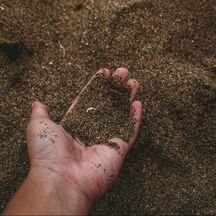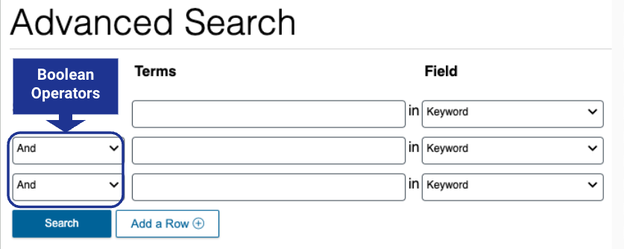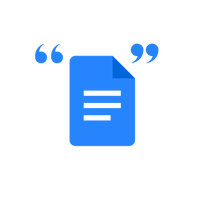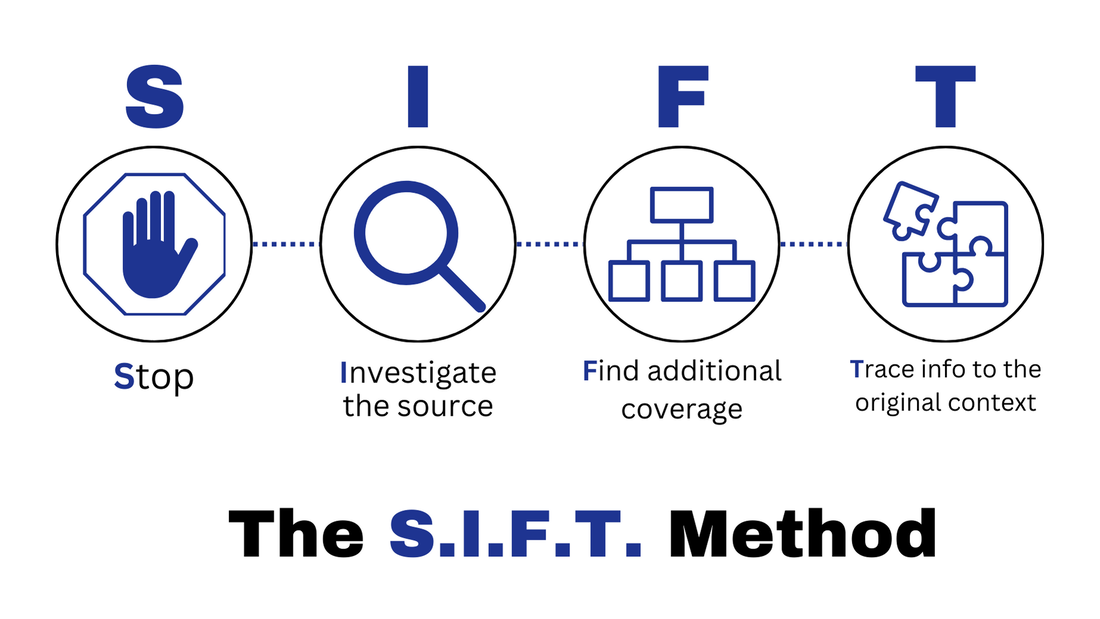RESEARCH SKILLS |
Find guides and tips for upping your research game, from creating targeted search terms to choosing the best information sources.
Email or chat with Ms. Cochran or Mr. Mather with any questions and for further help.
This page is currently under construction, and will have more sections updated in the future.
Email or chat with Ms. Cochran or Mr. Mather with any questions and for further help.
This page is currently under construction, and will have more sections updated in the future.
The research process
Grow Your Research Garden
|
Prepare the Soil
Background investigation and thoughtful questions lay a healthy groundwork for your research.
|
Plant the Seeds
The librarians and databases can help you locate quality sources that will sprout into your research project.
|
Harvest your Crop
Use NoodleTools and Google Drive to organize, compile, and annotate the sources and information you have gathered.
|
SEARCH STRATEGIES
Search Terms & Fields
The words you search for, how you phrase them, and where in the resource you are looking for those words, are key to finding the best resources.
The words you search for, how you phrase them, and where in the resource you are looking for those words, are key to finding the best resources.
|
Terms
The actual words you are looking for. PROTIP:
Use quotation marks to search for specific words together in a specific order "Declaration of Independence"
"Civil Rights"
"Chicago Fire" |
|
Boolean Operators
Refine and fine-tune your search by combining search terms & fields. Some operators narrow your search, and others broaden your search results.
Refine and fine-tune your search by combining search terms & fields. Some operators narrow your search, and others broaden your search results.
|
AND
Results with search terms combined.
Lincoln AND "civil rights"
poverty AND crime |
OR
Results with any of the search terms.
"right to vote" OR suffrage
wage OR income (Great for synonyms and ideas with many different names.) |
NOT
Results with search terms excluded.
"Chicago Fire" NOT soccer
dementia NOT Alzheimer's (Great for targeting a term that has many different meanings.) |
filters & limit search results
Filters & Limiters
After you perform a search, you can sort and fine-tune the results using filters or limiters. Different databases may use different terms, but most will let you filter by the categories listed here.
|
Subject
What topics the resource covers Hone in on all of the resources related to a topic. Databases often have specific, controlled vocabulary for topics. "Canines" instead of "dogs"; "hypertension" instead of "high blood pressure." Search multiple subject terms at once using Boolean Operators to get even more specific. You can find a database's specific subject terms linked in a resource's information page, or in a database's Thesaurus Terms. Use those terms to search in the Subject field on future searches. Peer Reviewed — Limits to items from scholarly journals that have gone through a review process by experts in the field. Publication Date
When the resource was created Limit the results to recent years for the most up-to-date information and research. Older results can help find primary sources or show how people in certain time periods understood your topic. |
Source/Content Type
Where the resource was originally published Reference Books of facts with specific entries to cover particular information, like encyclopedias, atlases, dictionaries, etc. (Ex. Dictionary of American History, Encyclopedia of Crime and Justice) Newspaper/Magazine/Periodical Often shorter articles, for the public and a general audience. Great for overviews, recent news, and opinions about a topic. (Ex. Rolling Stone, Chicago Tribune) Academic/Scholarly/Trade Journal More technical articles for a more specialized audience. Often longer articles that include actual studies and research conducted on a particular topic. (Ex. Journal of Education, American Historical Review) Full Text
If the entire resource can be viewed and accessed on the database Some databases just include information and a citation for the resource, but not the actual resource itself. Limiting by "Full Text" excludes those from your search results. If you see a citation for a resource that you would like to find, talk to the librarians. We can often get that resource for you in just a few days! |
Database PRO-tips
|
Abstracts are short summaries of there resource. Read the abstract and subject terms to decide if you want to save the resource and explore it further. This will save you a lot of time! Use the citations and bibliographies of the most useful resources. Search for those authors, or even those exact resources. Find the information those writers used. |
Search multiple databases. Each database has a different collection of resources. Performing the same search will get you even more resources to choose from. |
evaluating resources
CITATION TOOLS
|
NoodleTools provides integrated tools for citations, document archiving, annotation, and collaborative research and writing. Most library databases will create properly formatted citations and export it right to your NoodleTools project folder.
|
|
Google Docs has a built-in Citation Tool to help you format citations, create a bibliography/works cited page, add footnotes, and more. Watch a tutorial here.
|
|
The Online Writing Lab (O.W.L) at Purdue University is an extensive resource for creating works cited and annotated bibliographies, as well as help with research, writing, and formatting styles.
|
primary sources
news & mEDIA LITERACY
|
How do you know if news and other online information is credible? Use the four moves of the S.I.F.T. method to help you analyze news, videos, and other information that you encounter online and on social media. The SIFT method is a strategy developed by digital literacy expert, Mike Caulfield. All SIFT information on this page is adapted from his materials with a CC BY 4.0 license.
When in doubt, contact an expert - like a librarian!
|













